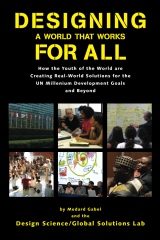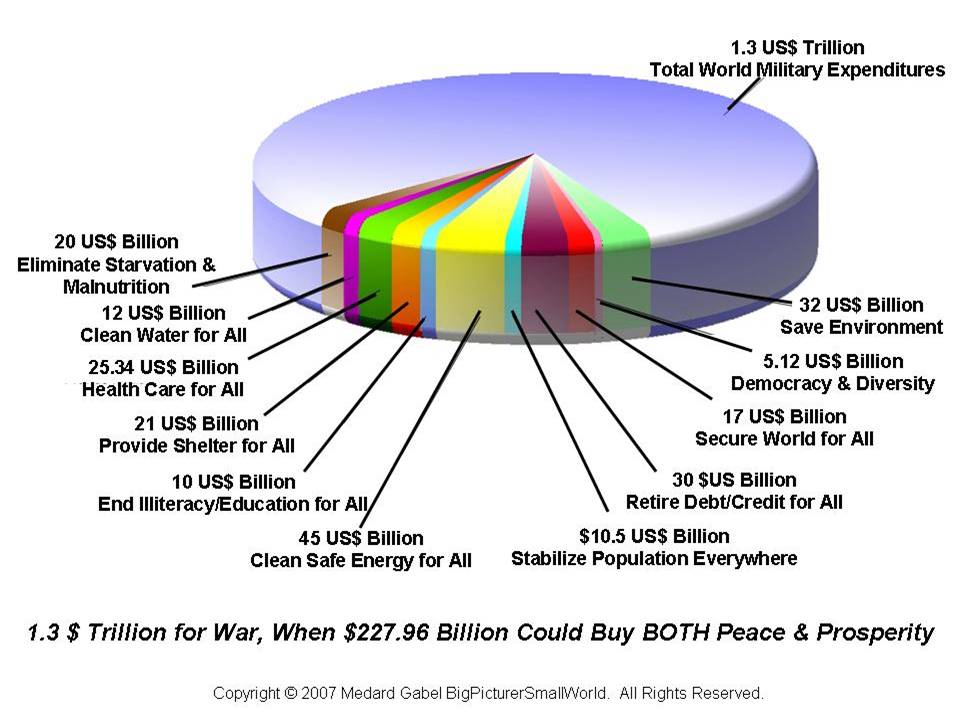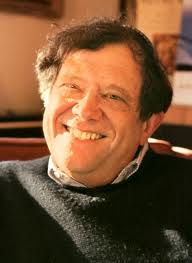
Save Obama – by running against him
By Michael Lerner
The Washington Post Saturday, December 4, 2010
EXTRACT: The basic platform for such a candidate is clear: Unequivocally call for an immediate end to the presence of U.S. troops, advisers and private U.S.-based security firms in Afghanistan, Iraq and Pakistan, and replace the “war on terror” with a Global Marshall Plan that roots homeland security in a strategy of generosity and concern for the well-being of everyone on the planet. Domestically, call for a massive jobs program; a freeze on mortgage foreclosures; a national bank that would offer interest-free loans to those seeking to create or expand small businesses; immediate implementation of the parts of the Obama health-care plan that would benefit ordinary citizens and build support for a health plan for all citizens; dramatically lower prices for drugs that treat critical diseases such as AIDS and cancer; a strong tax on carbon emissions; and immediate prosecution of those government employees involved in torture or coverups to justify the invasion of Iraq.
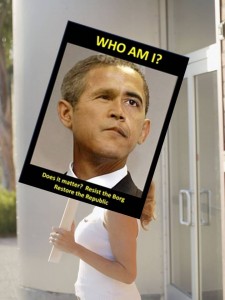 This candidate should push for the media to provide free and equal time to all major candidates for national office as well as for constitutional amendments requiring only public financing in elections and, separately, for corporations to prove every five years to a jury of ordinary citizens that they have a satisfactory history of environmental responsibility (as is sought by the Environmental and Social Responsibility Amendment, or ESRA, advocated by the Network of Spiritual Progressives).
This candidate should push for the media to provide free and equal time to all major candidates for national office as well as for constitutional amendments requiring only public financing in elections and, separately, for corporations to prove every five years to a jury of ordinary citizens that they have a satisfactory history of environmental responsibility (as is sought by the Environmental and Social Responsibility Amendment, or ESRA, advocated by the Network of Spiritual Progressives).
This policy platform must be matched with a willingness to talk clearly about the spiritual and ethical need for a new bottom line – one of love, kindness and generosity. We need a progressive push for a new New Deal, which in the 21st century could be the Caring Society: “Caring for Each Other and the Earth.”
Read complete article calling for a progressive challenger.
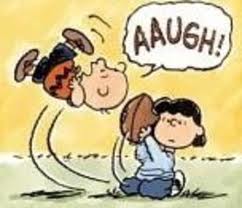
President Obama is neither weak nor stupid… nor a progressive
Daily Kos Sun Dec 05, 2010
EXTRACT: It's time to consider that the president accepts centrist and conservative policies because he himself is a centrist or conservative. This does not mean that President Obama is a Republican, or anything close to a Republican. The Republican Party is not conservative, it is extremist. But as the Republican Party has drifted farther and farther to the fringe, much of the establishment Democratic Party has intrepidly moved into the ideological space the Republican Party abandoned. The Republicans lead this movement to the right, and the Democrats follow, taking the political center with them and leaving the traditional left ever more disenfranchised, disenchanted, and politically alienated. The problem with Barack Obama isn't that he is worse than establishment Village Democrats, the problem is that he is one of them.
EXTRACT: Last February, writing about the health care reform meltdown, Glenn Greenwald offered a theory:
The primary tactic in this game is Villain Rotation. They always have a handful of Democratic Senators announce that they will be the ones to deviate this time from the ostensible party position and impede success, but the designated Villain constantly shifts, so the Party itself can claim it supports these measures while an always-changing handful of their members invariably prevent it.
Read the rest of this article calling out the Democrats as frauds.
Phi Beta Iota: The first article, written by the author of The Left Hand of God–Taking Back Our Country from the Religious Right, misses the key point: Barack Obama is a bought and paid for member of the club who takes his guidance from Vernon Jordan, Colin Powell, and a handful of other members of the club. He did not spend $750 million ($300 million still unaccounted for) to become our President, he took it to solidify his status and earn his retirement as their representative…four more years. The second piece gets closer to the truth–inter-changeable villains, all a charade–musical chairs, lights, camara, and no action in the public interest. What interests us is that Barack Obama has a choice, such as we have written about at the Huffington Post, and he can Change the Game, such as Tom Atlee has written about. He probably will not, and already we see fraudulent organizations with hidden agendas and secret sources of funding (No Labels, America Elects, IndependentVoting.org) all intent of protecting the status quo by putting forward yet another candidate who is Of Wall Street but just different enough to fool enough of the people enough of the time to buy Wall Street four more years. ENOUGH! There is one litmus test, and what Barack Obama has going for him is that he has right of first refusal: Electoral Reform. Electoral Reform introduced upon the inauguration of the new Congress, with a roll call vote demanded and televised, would end these decades of carpet-bagging and war-profiteering, and give us a government BETTER than any wwe have had since Jack Kennedy–a government Of, By, and For We the People, in which all voters are connected with all relevant information and policies are evidence-based and in the context of a balanced budget. Show us that, and we will show you the first great President of the 21st Century.

